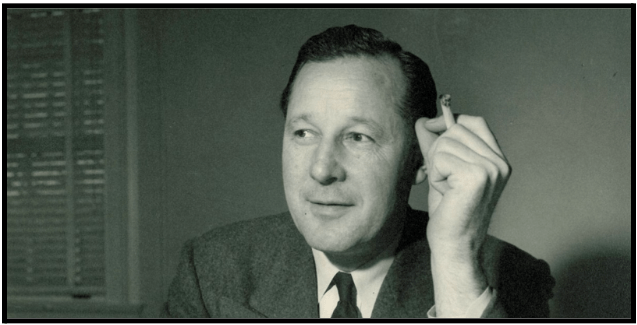One Idea. One Challenge. Once a Week.
“Forge ahead.”
~ Clint Eastwood
An executive reached out to us.
He won a prestigious award and had to accept it at a conference. This meant walking on stage and talking for about five minutes in front of more than a thousand people. While he’s an outstanding leader, hence the award, he’s always hated public speaking – and has avoided it at all costs.
“I’m willing to go on stage and be scared,” he told me. “I just really don’t want to be scripted. It’s so dull and robotic. I’d rather go up there and be myself.”
I get it.
People don’t want to listen to speakers who sound scripted. Or who read from a script. The philosopher Mortimer Adler says that talks like these are “almost impossible to listen to and seldom, if ever, deserve the monumental effort” needed to pay attention.
Talking is natural. We’ve been doing it our whole lives. What’s unnatural is writing out scripts, memorizing passages, and reading to people from a stage.
Certain speeches, though, deserve more than winging it. When it’s vital that we speak in a clear and eloquent way, we have to think through what we’re going to say in advance. But thinking is tough. As Paul Graham puts it:
I would add that good thinking is rare because it’s hard. But anyone can do it. The more effort we put forth to clarify our thoughts in writing, the more likely we are to deliver our thoughts clearly when we speak.
CLEAR THINKING → CLEAR WRITING → CLEAR SPEAKING
The head of TED, Chris Anderson, has a thought experiment he likes to share. Imagine you watch a friend prepare for a big talk. She decides to memorize a few key passages. Every day she presents you the best version she can without using any notes.
At first your friend will sound natural. But then she’ll transform into something else. She’ll sound awkward, not quite herself. Anderson calls this the Uncanny Valley, borrowing an art term used to describe film animations that look too human. The result – creatures that are almost human but not quite – makes people feel uncomfortable.
You may recall the brutal response to the 2019 film Cats. Audiences were creeped out:

Your friend may sense she’s in the Uncanny Valley and want to abandon her effort. This is a mistake! Instead of retreating back to her baseline she should forge ahead. After a few more days of practice Anderson says something magical will happen:
You will notice a thrilling change. Suddenly [she] really knows the talk . . . so well that recalling it is a snap . . . your friend can use [her] conscious attention to focus on the meaning of the words once again.
Think about this as working through three phases of speaking:
- BASELINE: Natural & mediocre
- UNCANNY VALLEY: Unnatural & eloquent
- EXCELLENCE: Natural & eloquent
This same process applies for all of us. We begin with our baseline. Once we start to internalize specific messaging we sound and feel unnatural. But after we pass through the Uncanny Valley we are no longer awkward. Our personality shines. Our thoughts are clear and eloquent. We say exactly what we want without rambles or digressions.
Our goal in preparing for big talks:
BASELINE → UNCANNY VALLEY → EXCELLENCE
I encourage you to really think through your important speeches. And I recommend you memorize your opening and closing words, as well as your proverbs and transitions. Tell your stories from the heart, not fully scripted, and leave room to play jazz with your audience.
The executive that hired us agreed to follow this plan. We practiced together for several weeks after we finalized his remarks. We even ran a few reps on site the morning of his big talk.
He crushed it. A crowd of people gathered around him afterward. He told me later it was the best speech he’d ever given.
***
![]() IDEA
IDEA
Forge ahead through the Uncanny Valley. Excellence awaits.
Imagine you are going on national TV next week. You have 30 seconds to explain an idea that is making headlines right now. Choose an idea that you have strong views on.
What do you say? Notice how you can talk about this idea perfectly well in conversation. But to have a clear and compelling 30-second explainer requires effort.
Script out your comments. Practice until you feel natural and eloquent. Share your results with me!
***
For more like this:
- #29: Should you memorize your speeches?
- #34: What if you’re not a natural?
- #46: The secret to success
If you find this useful, please subscribe to our free weekly newsletter.




